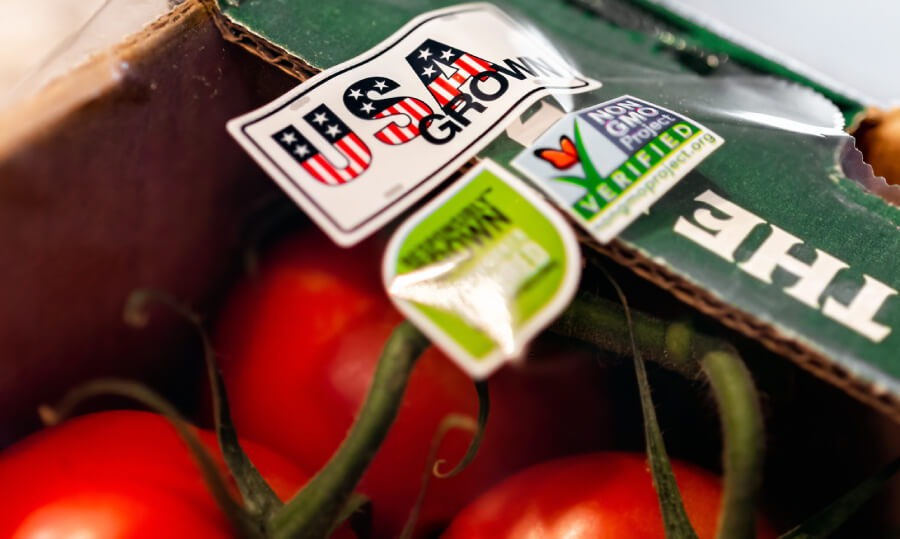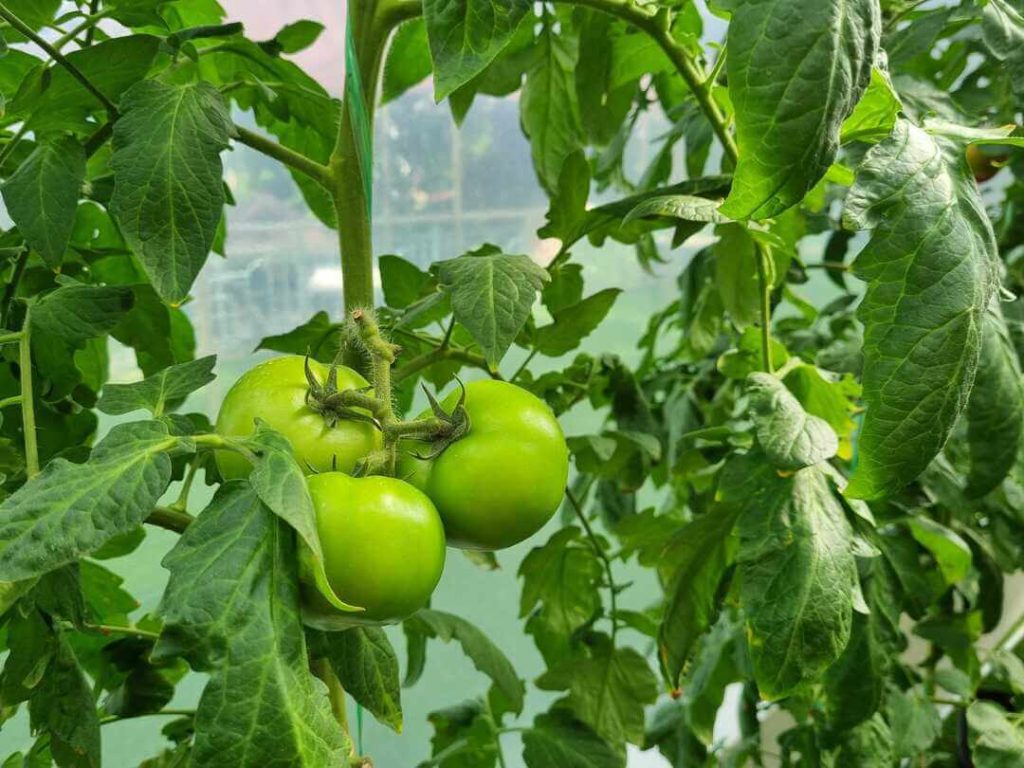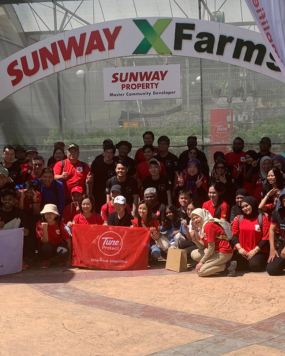GMO (genetically modified organisms) crops have been in the market since 1994, but the common conception is that they are synthetic and unnatural. Public confusion leads to fear and aversion that is exploited by many corporations– by simply labeling a product as Organic & Non-GMO, they profit from many people’s desire to live a clean and healthy lifestyle. Is this stance warranted?
Plant breeding has existed through centuries, including selective and cross-breeding to cultivate plants with desirable traits. Many of the foods we consume today are developed from plant breeding, from our corns to strawberries and more. However, making genetic changes to plants through traditional breeding takes a very long time, with specific traits or changes being extremely difficult to achieve.

What are GMOs?
GMO is used to describe foods that were created through genetic engineering. In simple terms, the genetic engineering process involves the following steps:
- Identifying a desirable trait in an organism’s genetic information
- Copying the information
- Inserting the information into the DNA of another organism
- Growing the new organism
For crops, GMO varieties were developed to make specific, desirable traits to crops in a much shorter time than it would take with traditional plant breeding. This can include the slowing of a crop’s ripening, pest resistance, nutritional enhancement, delayed rotting and more. Many genetically modified organisms contain genes from unrelated species, allowing the crop to have traits that would otherwise be difficult or impossible to develop by traditional breeding.
The first breakthrough in the GMO study was in 1973 by biochemists Herbert Boyer and Standley Cohen, when they successfully inserted DNA from one bacterium into another. In fact, the first consumer GMO product that was approved by the FDA to be in the market was insulin for diabetic patients!
How does GMO technology work?
The technology that allows for precise genetic modification has been crucial for scientific advancement in the 21st century. It works by loading an enzyme with a segment of RNA (molecules similar to DNA), to which the enzyme uses as a template to find the corresponding segment of DNA in the organism that is being modified. The enzyme will then cut the DNA at that point, and the modification of the gene is done through the repair of the cut. Sections of the gene can be deleted, or new sections can be inserted, giving rise to novel traits.
Risks of GMO Crops
While GMO crops were created to address common issues related to the fragility of crops and to bolster food security, it is not without risks.
Genetic modifications can have unintended consequences that are difficult to predict, including those to our health. The Roundup Ready GMO crops made by the Bayer corporation are resistant to glyphosate, one of the most widely used herbicides in the world (also one of Bayer’s products). It was found that the Roundup Ready crops contained glyphosate residues at a higher concentration than their non-GMO equivalents. While glyphosate has not been proven to be harmful to humans or other animals, it is still not ideal to be consuming chemicals where it can be prevented.
GMO crops can also pose a danger to our environment via a risk called ‘outcrossing’. This happens when the pollen from GMO crops spreads to its wild relatives, passing it’s modified genes into the native habitat, where it then becomes out of the control of scientists. Since GMO crops are modified to be as robust and successful as possible, they are highly likely to outcompete its wild counterparts, leading to a loss of biodiversity.
Additionally, GMO is a way for huge agricultural corporations to take further control of the market, forcing independent farmers to become reliant on their products. With the example of Bayer’s Roundup Ready crops, they are able to outperform other varieties of the same crops because they do not have to compete with weeds, which are killed by glyphosate. Farmer’s who used Roundup Ready crops would have no choice but to continue using the same seeds. In this way, Bayer has the monopoly on both the premier crops as well as the chemicals that allow the crops to be so successful.

Do we use GMO seeds?
Here at Sunway XFarms, we do NOT use any GMO seeds or grow any GMO crops. We work with specialist seed suppliers who ensure the highest quality breeds that have been selected for without the use of genetic modification. Through our urban, hydroponic smart farms that are close to people, as well as our short farm-to-fork journey, we avoid the need to have crops resistant to rotting, pesticide use, drought, and more. Trust in us that our team grows with your family’s safety in mind.
The uncertainties surrounding GMOs that have been described above may be elucidated in the future through more thorough research, and when this happens, regulations should follow suit.



